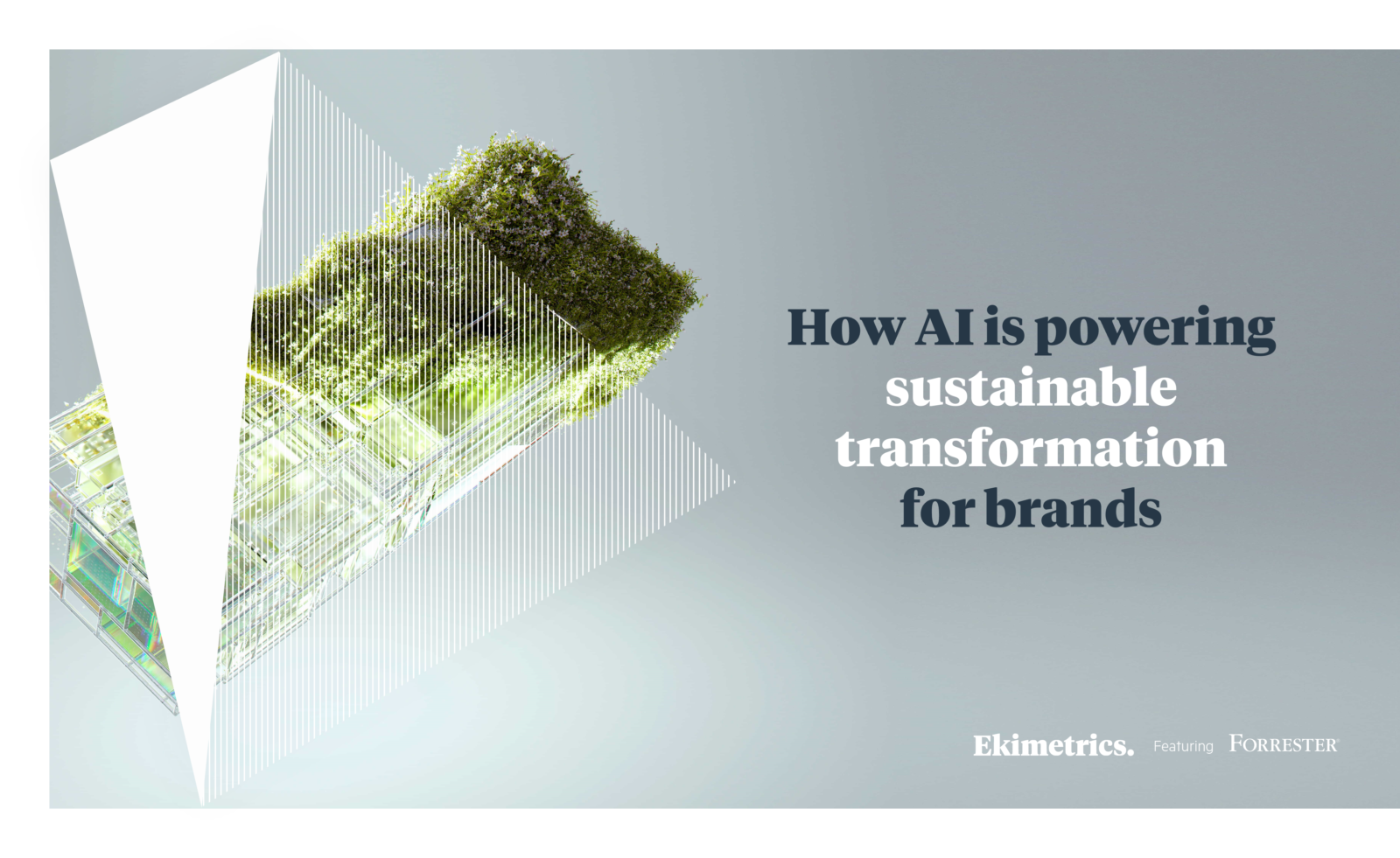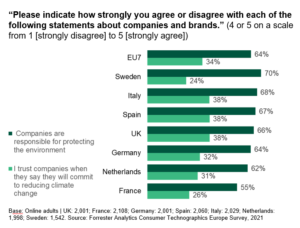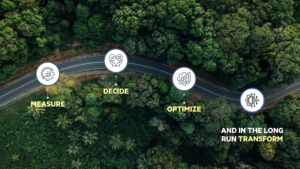
First principles
Laurent opened the webinar by acknowledging there is a new global consciousness about climate change and a growing understanding that we all need to change how we live, consume, and travel, if we are to stay within the well-established nine planetary boundaries of sustainability. Sustainability matters to citizens, to governments, and to business now, too, in every different category. Many global enterprises have set ambitious and public targets and timelines for decarbonization, with some of the pioneers including Microsoft (carbon-neutral since 2012), Accor, and Schneider Electric.
That said, there is a significant “say-do” gap between corporate intention and cross-functional action to meet meaningful goals, and we may already be too late for industry to be net zero by 2050.
It was agreed that climate change and biodiversity collapse pose genuine threats to humanity and that society – and industry – may well be acting too late. Education, mass awareness campaigns, and training can help, and the transformation towards sustainability is the next big wave facing industry. “After digital transformation and customer experience,” observed Thomas, “sustainability represents the next wave of business disruption and transformation.”
Learn more about industry’s most pressing, burning platform: sustainability
Drivers of change
According to Thomas’ presentation on the webinar, evidence gathered by Forrester that suggests sustainability is “the new digital” includes the fact that almost two-thirds (64%) of citizens in the EU7 believe that companies are responsible for protecting the environment, while just a third (34%) trust businesses when they say they will commit to reducing climate change. ‘Sustainability/climate change’ was ranked as the number one disruptive factor in a recent global Forrester survey of 744 C-Level executives in Europe. It is ranked a little lower by C-suites based in Asia and significantly lower by those in North America. Nevertheless, the issue consistently ranks second on the global list of disruptive factors, just behind ‘changing customer expectations’ but above ‘emerging technology’, and ‘flexible/ remote working’ in the wake of the pandemic.

In his presentation, Thomas mentioned that consumer pressure is one major driver of change. This is reinforced by pressure from regulators and legislators – the EU’s Corporate Sustainability Reporting Directive has very recently passed into law – as well as investors requiring businesses to make real progress towards sustainability. That said, more progressive and developed businesses are finding that sustainable transformation is a driver of growth, innovation, and brand reputation – among both customers and potential employees.
Jean-Pascal Tricoire, CEO of Schneider Electric, has championed sustainability across the supply chain for more than a decade. He has said: “One core strategy is to focus on clean energy transition. However, environmental sustainability is just one side of the coin. Broader sustainability efforts improve performance, innovation, and our attractiveness as a brand. It creates value.” Schneider reports 11 different sustainability KPIs to shareholders every quarter, targets related to the 17 UN Sustainable Development Goals. The company is a shining example of how possible it is to link financial and non-financial performance data.
Organizations, both start-ups and established, would be able to transform their business models if the transformation was driven more by the opportunities offered by sustainability rather than about compliance; e.g. building trust, increasing resilience, and opening new markets. But if companies feel compelled rather than motivated to change, they are more likely to be tokenistic and fall into the traps of greenwashing; what Laurent characterizes as the “say-do” gap.
Encouraging signs, but still early days
Despite some pioneers and genuine progress being made by many corporations, industry is still just in the foothills of sustainable transformation. According to Thomas’ presentation, Forrester research shows that more than half (55%) of companies have emissions reduction targets for greenhouse gasses, while just a quarter (23%) have set a date by which they plan to be carbon neutral. And while almost six in ten companies have a named sustainability lead, those individuals need to be empowered and have the authority to pursue cross-functional execution to deliver on this agenda. In the laggard US, Chief Sustainability Officers still typically report into Chief Legal or Risk Officers, who wield less power in the C-suite. In Europe, sustainability leads are more likely to report into CEOs, CFOs, or Chief Strategy Officers, which is a good indication of the level of authority and empowerment they enjoy in the continent. This pattern was observed ten years ago in digital transformation, too.
Using AI and data science to drive sustainable transformation: live use cases

Ekimetrics works with businesses to enable them to embrace the power of AI and data science in a way that drives their transformation towards sustainability. Laurent detailed the four-step model it uses to accelerate a company’s sustainability journey: Measure – Decide – Optimize – Transform.
Laurent illustrated this model with three use cases:
By bringing together all elements of distribution in France, joining rail and road through central nodes, the partnership has developed a more virtuous, less carbon intensive ecosystem with trucks at the centre. This has led to the development of a distribution platform that has optimized the delivery chain, diversified revenue sources for the truck company, and enhanced delivery efficiency.
Ekimetrics has also recently published a white paper on the ways in which companies can leverage AI and data science as the engine to make business sustainable. Download a copy of the white paper here.